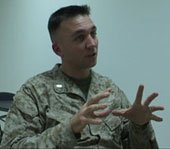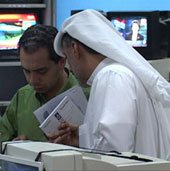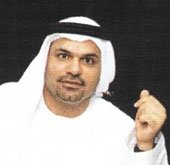REPORTING THE WAR

Dispatches from the Field:perhaps no war in history has been the subject of such up-close, real-time reporting. In between the feeds and one-on-ones that form "the product," satellite journalists were dealing with bureaucracies, war lords, cheap hotels, and intermittent grave danger. Maggie Zanger, who went to Iraqi Kurdistan as a researcher and found herself doing stand-ups for NBC, wrote letters. Chris Gray, picture editor with the BBC NewsNight team in Kurdistan, kept a diary. And, as a reminder of the risks that have led to the death of at least 13 television journalists so far, we append BBC veteran reporter John Simpson's report on the attack in which his translator was killed.

From the Newsrooms of the Gulf: S. Abdallah Schleifer spent the first week of the war visiting Doha, Dubai, and Abu Dhabi. In Satellite Television News: Up, Down, and Out in Doha, Dubai, and Abu Dhabi, he meditates on phenomena such as the "curious field of force" joining Central Command Headquarters, Al Jazeera, and dozens of TV reporters. In Doha, he conducted an interview with Public Information Officer First Lieutenant Josh Rushing on the army's experience of working with the Western and Arab press,

and spoke to Mohammed Jasim Al Ali and Ibrahim Helal about Al Jazeera's war. In Abu Dhabi, he met with Abu Dhabi TV's Ali Al Ahmed and Nart Bouran and heard about the channel's transformation into a 24-hour newscaster, and in Dubai he met with Al Arabiya's Salah Negm, who discussed with him the challenges facing a channel forced to cut its teeth on an almost overwhelming story.

Technologies, Logistics, and Services: the war has not only provided a proving ground for a new style of action-journalism but has also tested technologies, channels' logistical capacities, and the region's press support facilities. In New Compression Technologies Aid War Reporting, Save Cash, David Cass reports on "Laptop News Gathering," while in an interview with Ian Ritchie, the CEO of Associated Press Television News talks to S. Abdallah Schleifer about APTN's response to the logistical and technical challenges of the war. In Video Cairo Sat: the Pressure of War, Noha El-Hennawi describes how the region's largest provider of media services is coping, in Baghdad and elsewhere.

 Arab Media & Society The Arab Media Hub
Arab Media & Society The Arab Media Hub


